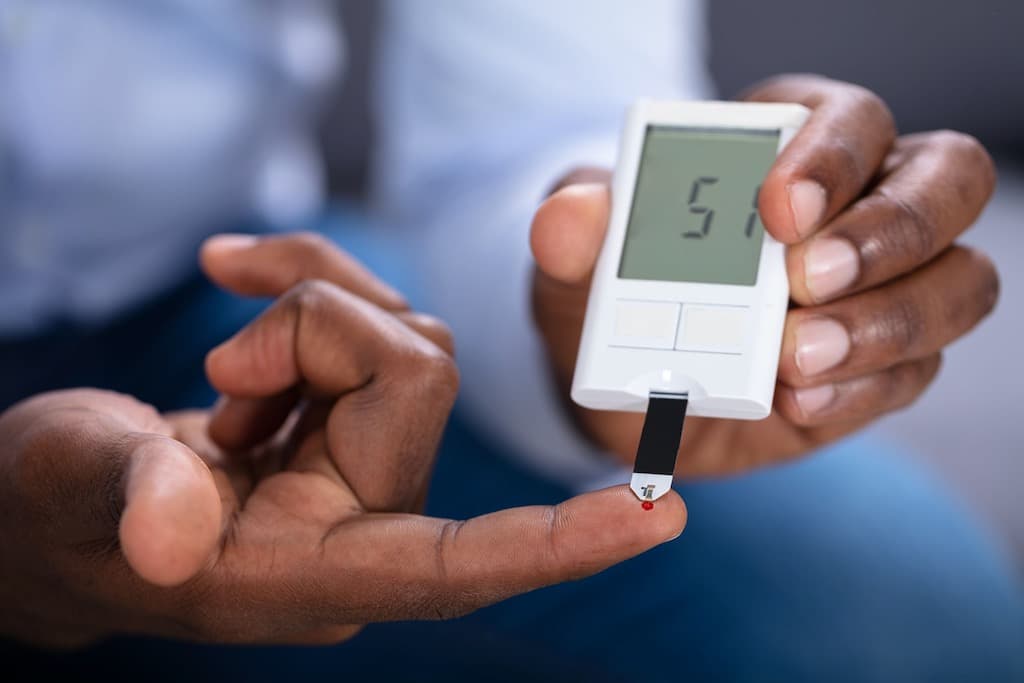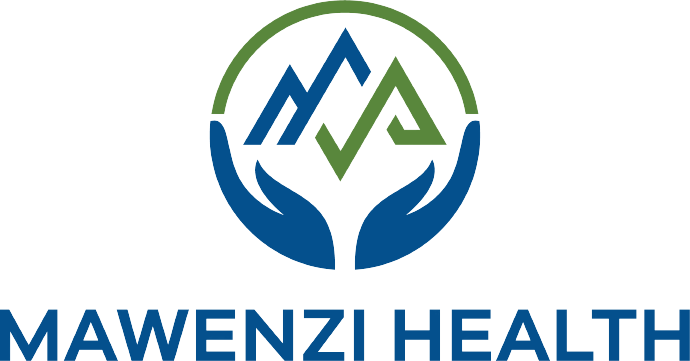Chronic Kidney Disease (CKD) Support

Remote Patient Monitoring (RPM) and Chronic Care Management (CCM)
play vital roles in the management of chronic kidney disease (CKD). This condition requires meticulous management to slow progression and mitigate complications. Here’s how RPM and CCM can be effectively applied to CKD management:
Remote Patient Monitoring (RPM) for CKD
RPM in CKD focuses on tracking vital health indicators that reflect kidney function and overall health, including:
- Blood Pressure Monitoring: High blood pressure is both a cause and a complication of CKD. Regular monitoring can help manage blood pressure within target ranges to slow CKD progression.
- Weight Monitoring: Sudden weight changes may indicate fluid retention, a common issue in advanced CKD.
- Blood Glucose Monitoring: For CKD patients with diabetes, managing blood glucose levels is crucial to prevent further kidney damage.
- eGFR Tracking: Though not typically done at home, electronic health platforms can enable patients to regularly receive and track estimated glomerular filtration rate (eGFR) results from their healthcare providers.
- Proteinuria Monitoring: Some home urine tests can detect protein levels, which is important since proteinuria is a marker of kidney damage.
Mawenzi Health utilizes RPM technology to notify providers of patient condition changes, allowing for timely interventions to prevent complications and hospitalizations.
RPM in CKD focuses on tracking vital health indicators that reflect kidney function and overall health, including:
Chronic Care Management (CCM) for CKD
CCM for CKD involves coordinated care to effectively manage the disease and its comorbidities. It typically includes:
- Comprehensive Care Plan: This plan is tailored to each patient and addresses dietary needs, medication management, monitoring requirements, and comorbidity management (e.g., diabetes, hypertension).
- Medication Optimization: Regularly review medications to manage CKD and its symptoms, adjust dosages, and avoid nephrotoxic drugs.
- Diet and Lifestyle Modification: : Guidance on renal diets to manage electrolyte, fluid, and phosphorus balance and advice on physical activity appropriate for the patient’s condition.
- Education Teaching patients about CKD progression, treatment options (including dialysis and transplantation), and self-management strategies.
- Support for Mental Health: Addressing the psychological impact of CKD, including depression and anxiety, through counseling or referrals to mental health professionals.
- Data-Driven Adjustments RPM provides data that can inform the ongoing refinement of the CCM plan, ensuring it remains aligned with the patient's current health status.
- Proactive Management: Real-time data can help identify early signs of CKD progression or complications, enabling preemptive adjustments to treatment or care plans.
- Patient Engagement and Empowerment: Engaging patients in their care through RPM and CCM increases their motivation to adhere to treatment plans and make lifestyle changes.
- Coordination of Care: Seamless sharing of RPM data among the healthcare team supports coordinated efforts to manage CKD, including timely referrals to specialists as needed.
- Technology Selection: Choosing user-friendly technologies that meet the specific needs of heart failure patients.
- Patient Education: Training patients on how to use RPM devices and the importance of adhering to their care plans.
- Data Integration: Ensure RPM data seamlessly integrates into electronic health records for easy access by all care team members.
- Reimbursement Understanding billing codes and reimbursement policies for RPM and CCM services.
The integration of RPM and CCM for CKD patients allows for a dynamic approach to care that can adapt as the patient's condition changes:
Implementation
Implementing RPM and CCM for CKD effectively requires: To effectively implement RPM and CCM for chronic kidney disease. Mawenzi Health Inc collaborates with health centers and providers in :
By carefully integrating RPM with CCM, healthcare providers can offer a holistic and proactive approach to managing heart failure, leading to improved patient outcomes and higher satisfaction levels.
